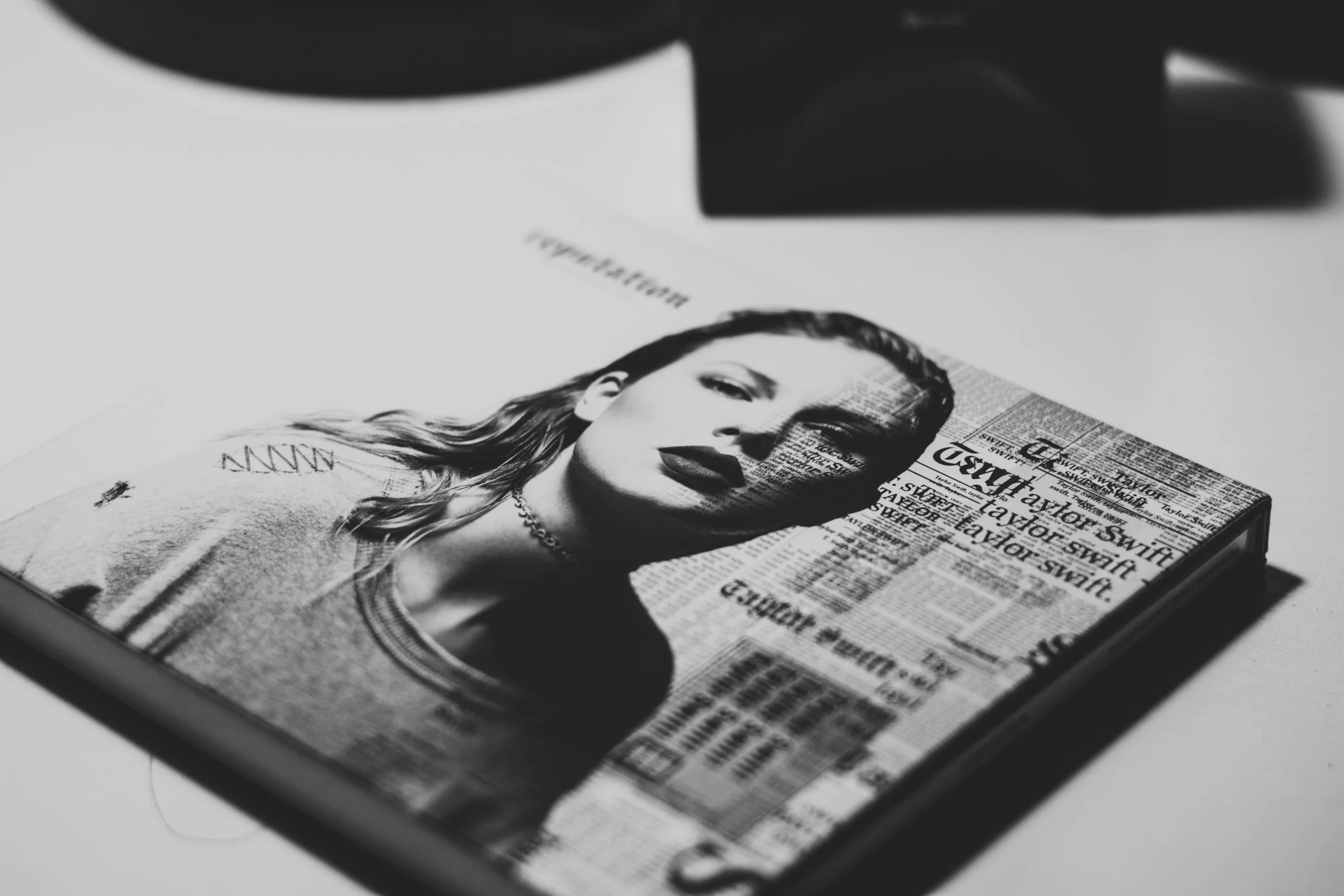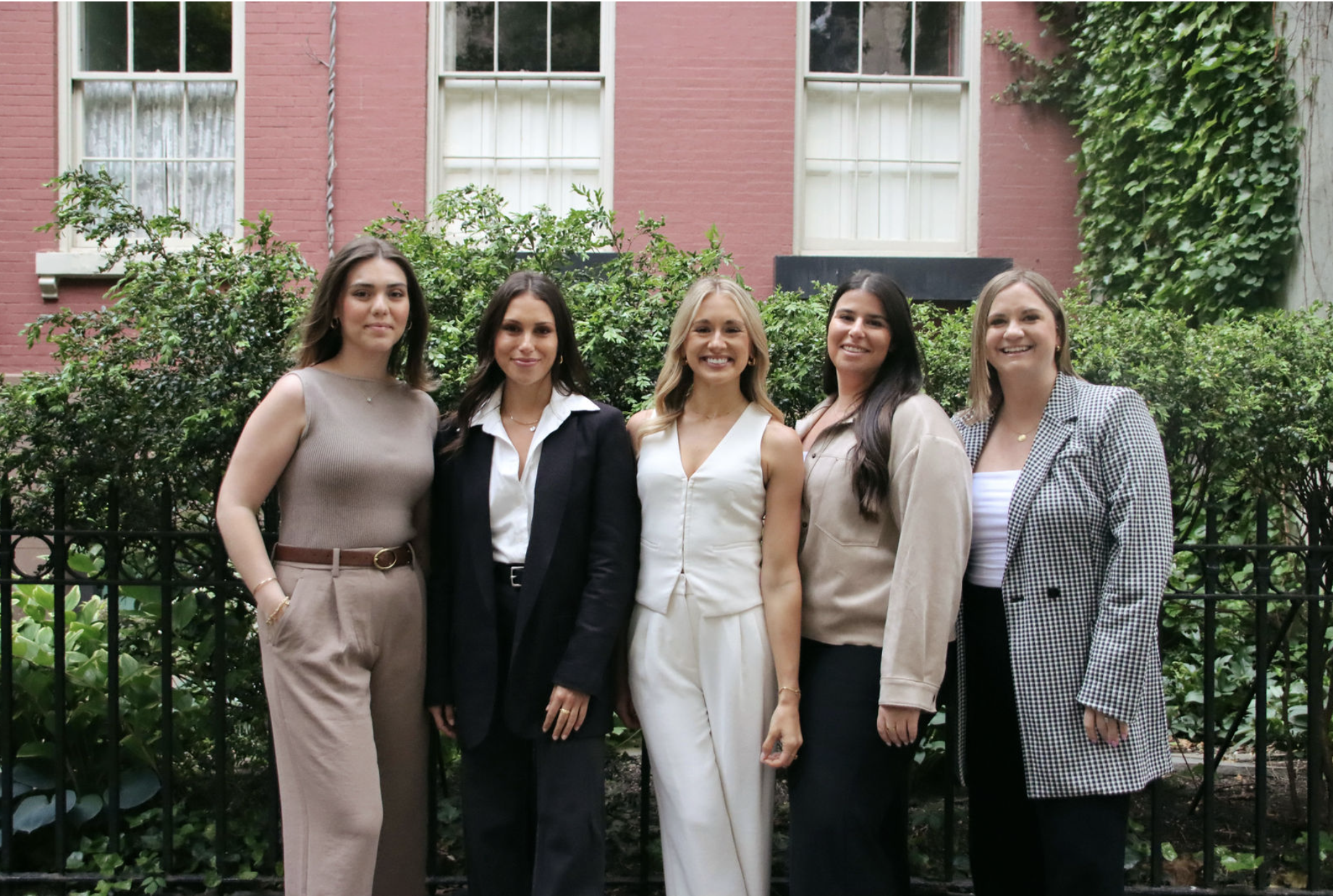My Journey from Struggling to Happiness: Taylor Swift and my Eating Disorder
Written by: Lauren Larkin, LMHC
In 2018, I did something that terrified me. I left New York City—the place where my entire identity, career, and social life were rooted—and went to a treatment center for my eating disorder.
At the time, it felt like the end of everything. I was convinced that getting help would ruin my life and my reputation forever. I remember thinking: What will people think of me? Will anyone still want to be around me? Will I ever be able to work again?
The truth is, I felt hopeless. I didn’t believe recovery was possible, and part of me didn’t even want it. The cycle I was in—though painful—was familiar. It felt safe in a twisted way. I couldn’t imagine who I’d be without it.
I didn’t think I’d ever learn to love or even accept myself for simply being me.
I was terrified that my relationships would fall apart, that people would leave once they knew what was really going on. I thought I’d be too much—too broken, too complicated, too far gone.
Simply put: I wanted to give up on myself.
But I didn’t.
It didn’t happen overnight, and it definitely wasn’t linear, but step by step, I started choosing myself again. Recovery wasn’t about some magical transformation—it was about showing up every single day, even when it hurt. Especially when it hurt.
There was no grand “aha” moment. Just hundreds of small decisions that, over time, built a life I didn’t think I’d ever have again.
And as I look back now, years later, I can see how much has changed—not because someone saved me, but because I did.
Music, Meaning, and Healing
When I was in treatment, Taylor Swift released reputation. That album hit me hard. The lyric “my reputation’s never been worse, so you must like me for me” felt like it was written for me.
In a time when I felt stripped of everything I thought made me “valuable,” I was learning to believe that maybe—just maybe—being me was enough.
Now, years later, Taylor releases Opalite, and she’s reflecting on how the happiness she’s found can be “man-made.” I love that idea—because so often, we think happiness is something we find by accident, when really, it’s something we build.
Her words remind me that all the pain, all the rebuilding, all the uncomfortable parts of recovery… they made me stronger. They led me here.
And for that, I’m grateful.
If You’re Still in the Struggle
If you’re reading this and you’re still in that dark place—the one where you can’t imagine ever getting better—I want you to know something: you’re not broken.
Recovery isn’t about perfection or pretending everything’s fine. It’s about learning to be human again. It’s about learning that your worth has nothing to do with how you look, what you achieve, or how “in control” you are.
If you’re still in the struggle:
Reach out for help. Even if it feels impossible, even if you don’t think you deserve it—you do. You’re allowed to ask for support.
Take one small step. Healing doesn’t happen in leaps. It’s the tiniest, quietest choices—eating one meal, showing up to therapy, being honest with a friend—that matter most.
Be patient with yourself. There will be setbacks, but that doesn’t mean you’ve failed. It just means you’re still learning.
Believe in a future you can’t see yet. Even when you don’t believe in yourself, keep going anyway. The version of you waiting on the other side is worth it.
Healing isn’t glamorous. It’s raw, messy, and real. But it’s also the most beautiful thing you’ll ever do for yourself.
Because one day, you’ll look back and realize: nobody got you out of that hole but you.
Learn more about our therapy services here and if you’re ready to take the next step reach out to a therapist on our team to book a free 15 minute consultation today.


